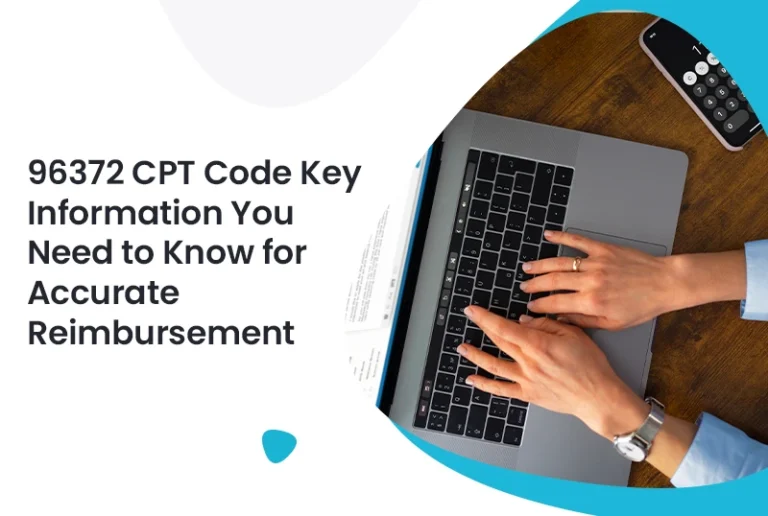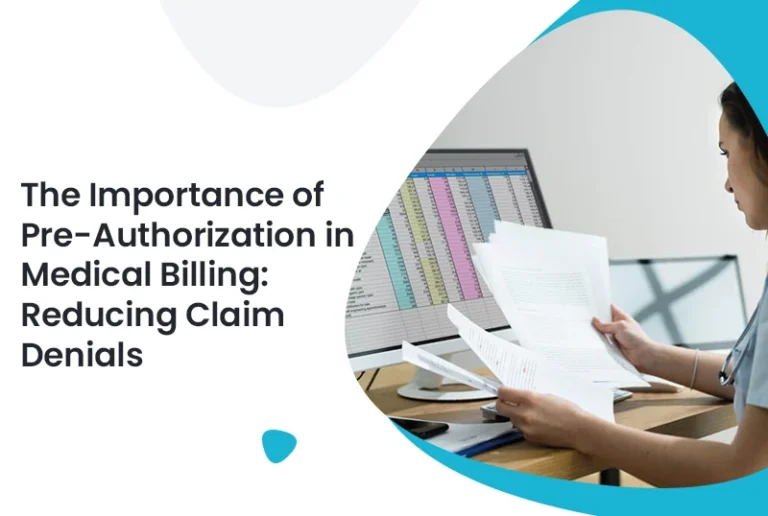Do you ever think about how healthcare providers give patients high-quality care while following medical billing rules? That’s where the Advance Beneficiary Notice (ABN) comes in. An ABN (Advance Beneficiary Notice) informs patients when their insurance might not cover a service. It helps patients make informed decisions, ensures clear communication with providers, and prevents financial issues.
Also, for providers offering medical billing services, the ABN is a crucial tool in managing patient expectations and financial responsibilities.
This blog explains how ABNs protect providers and patients from surprise medical bills in medical billing.
What is an Advanced Beneficiary Notice (ABN)?
Medical professionals provide an ABN to inform patients they might need to pay for a specific service or procedure.
Moreover, the ABN are used to alert patients that they are not responsible for the service cost if the claim is denied. This document is necessary when there is uncertainty about coverage for the expense.
Why Is the ABN Important?
The following are the reasons that why is ABN in medical billing is vital:
- Protecting Providers: An ABN protects medical experts from paying for services if payment is denied. So, if we lack an ABN and the payer refuses to reimburse the costs, we may be forced to pay them ourselves.
- Informing Patients: The ABN in medical billing ensures that patients are 100% aware of noncoverage and their financial responsibilities. This whole scenario allows patients to make wise decisions about their healthcare.
- Compliance and Avoiding Penalties: Failing to issue an ABN can lead to compliance issues, audits, and financial penalties for providers.
When should an ABN Be Used?
ABNs are required in specific scenarios with uncertain medical coverage, such as:
- Non-Covered Services: If the service is not usually covered, such as certain foot care or experimental treatments, an ABN must be given.
- Frequency Limits: Also, it’s important to provide an ABN to patients requesting screening tests more frequently than the coverage limit allows. It notifies them to the possibility that their insurance may not pay for the extra tests.
- Services Beyond Medical Necessity: If a patient chooses a service that exceeds what is considered medically necessary, an ABN is required. Also, the ABN must explain that payment might not be provided for the additional costs.
How to Issue an ABN Properly?
Issuing an ABN properly is crucial. So, it is necessary for billing professionals to provide the ABN before the service is rendered and include required information. The form must detail the service, reason for potential noncoverage, estimated costs, and available options for the patient.
To avoid confusion, healthcare experts need to explain the ABN clearly to let the patient really understand their rights. Hence, transparency is crucial if the patients are to keep their trust and stick to their prescriptions.
Conclusion
Advance Beneficiary Notices play a crucial role in billing compliance, provider financial responsibility, and patient awareness for medical billing professionals. So, healthcare providers should stay current on ABN use and all regulatory changes for the evolving healthcare field.
Therefore, it is necessary that ABNs are completed correctly and patients receive proper education, leading to a better experience.







